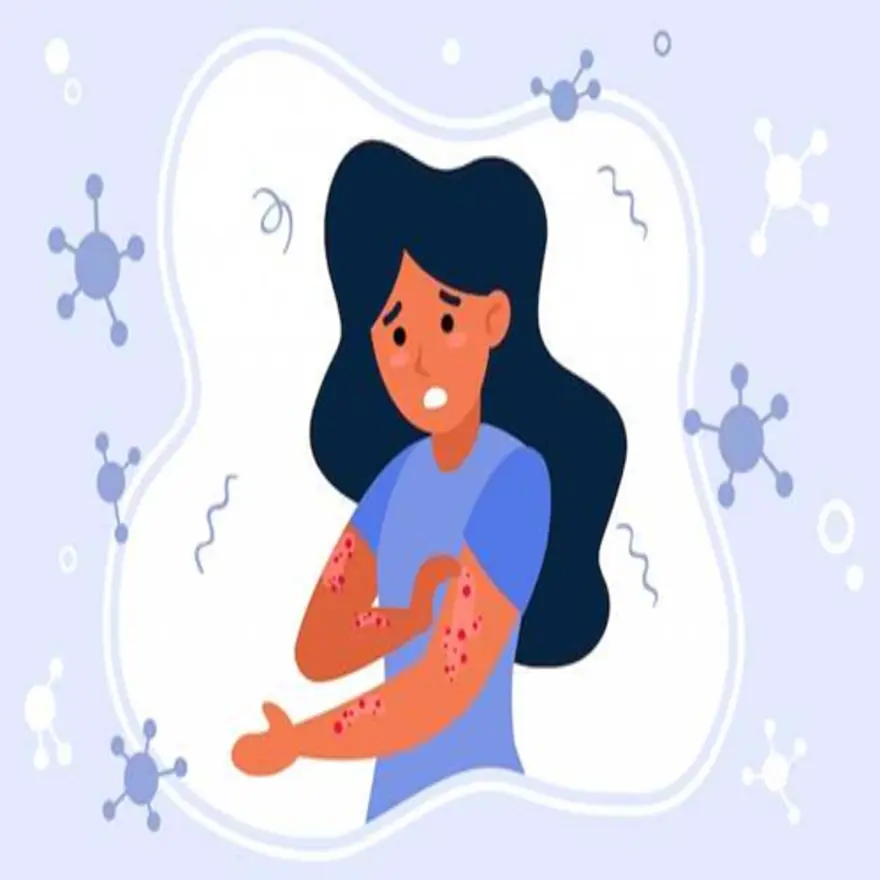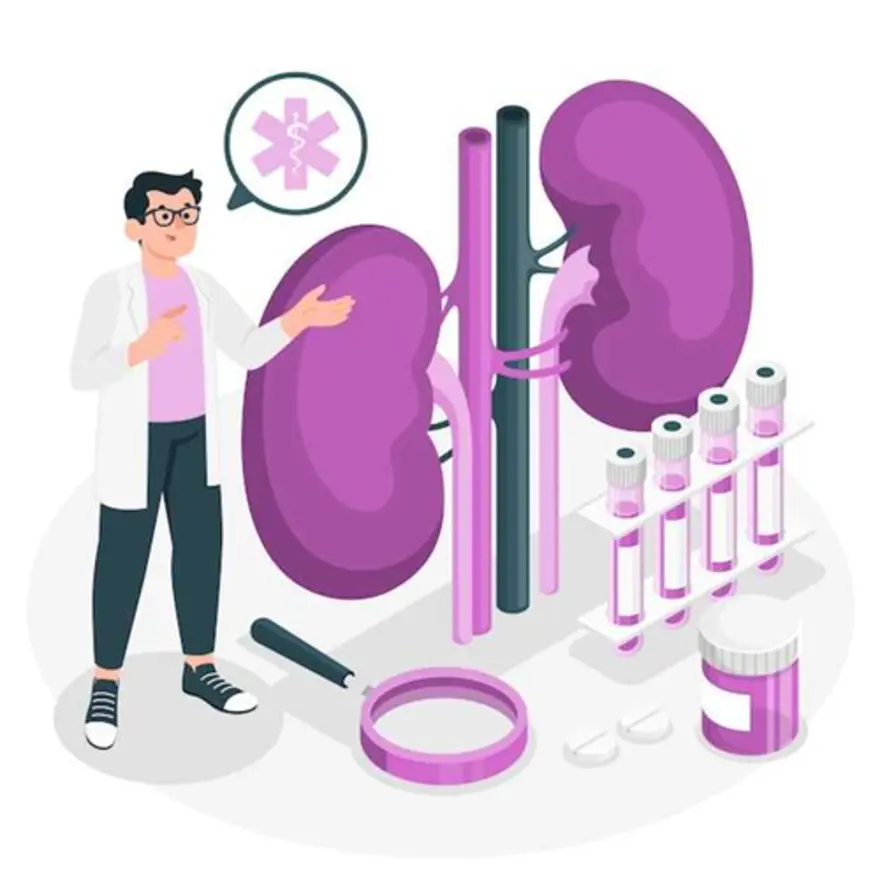Disease
Diabetes a silent killer with serious long-term effects
6816 Views
1

Diabetes is a metabolic disorder characterised by high blood glucose due to lack of insulin secretion or action or both. Today, the ratio of diabetes is rapidly increasing worldwide, and India would be ranking number one by 2030. Not only adults’ toddlers and kids are also at risk of getting diabetes
Let us understand in simple terms why Diabetes occurs and how it can be prevented or managed.
The food we eat is digested and converted to glucose, which is then utilised for energy production (or stored in liver and Muscles) through a chain of process mediated by insulin hormone secreted by Pancreas.
Change in production levels or action of insulin hormone leads to increase sugar levels in blood which is termed as hyperglycaemia (excess blood glucose) or hypoglycaemia (sudden decrease in the levels of blood glucose). Increased blood sugar level is not a one-day game it starts years before in your body but after a certain time it shows it’s presence by damaging some of our systems. Many a times apparently visible healthy individuals with good lifestyle may also have disturbed glucose levels.
Diabetes is only caused by eating too much sugar is one of the biggest health myths.
What can trigger Diabetes in an individual?
- Excess intake of carbohydrates
- Sedentary lifestyle
- Junk food
- Overeating
- Obesity
- Genetic factors
- Environmental factors
- Hormonal disturbance in body
- Poor sleep
In hyperglycaemia fasting blood sugar > 126 mg/dL, Post-prandial > 200 mg/dL and HbA1c > 5.7 whereas in hypoglycaemia blood sugar drops below 70 mg/dL.
When fasting glucose is between 100-125 mg/dl and /or PP is 140-199mg/dl this is termed as prediabetes. Normal blood glucose as defined American Diabetes Association is Fasting less than 100 and PP less than 140 mg/dl.
The bitter truth is that Diabetes develops silently for years in your body. Most of the time people surprisingly come to know during some or other health check-up that they are affected with irregular blood sugar.
For consistent and accurate monitoring of your blood sugar levels at regular intervals check out the DIABETES tests and profiles offered by Metropolis here
Signs and symptoms of hyperglycaemia -
- Increased thirst
- Lack of appetite
- Frequent urination
- Frequent infections
- Feeling tired or fatigue
- Sudden weight loss
- Numbness or tingling in limbs
- Poor vision
Signs and symptoms of hypoglycaemia -
- Fatigue
- Excess hunger
- Shakiness
- Bouts of confusion
- Heart palpitations
- Headache
- Excessive sweating
To manage or prevent hypoglycaemia, keep an eye on blood sugar levels at regular intervals and take proper balance diet and exercise. Known diabetics who are on medication must carry sugar/candy pouch for contingencies.
If not taken care of in time diabetes will damage your vital organs like kidney, nervous system, heart, eyes, brain and would lead to fatal diseases like heart attack, renal failure and stroke.
3.4 Million deaths in India occur due to high blood sugar. So, if you consistently see any of the above signs and symptoms particularly those mentioned for hyperglycaemia please visit a doctor and get your sugar test done and take a proper diet and exercise guidance from qualified dietitian to prevent yourself from this silent killer.
Learn more about Types of Diabetes and its Signs & Symptoms:
https://youtu.be/69OU-JSALtE























 WhatsApp
WhatsApp
Umesh Rai
06 Oct 20 02:52 pmGood Article..